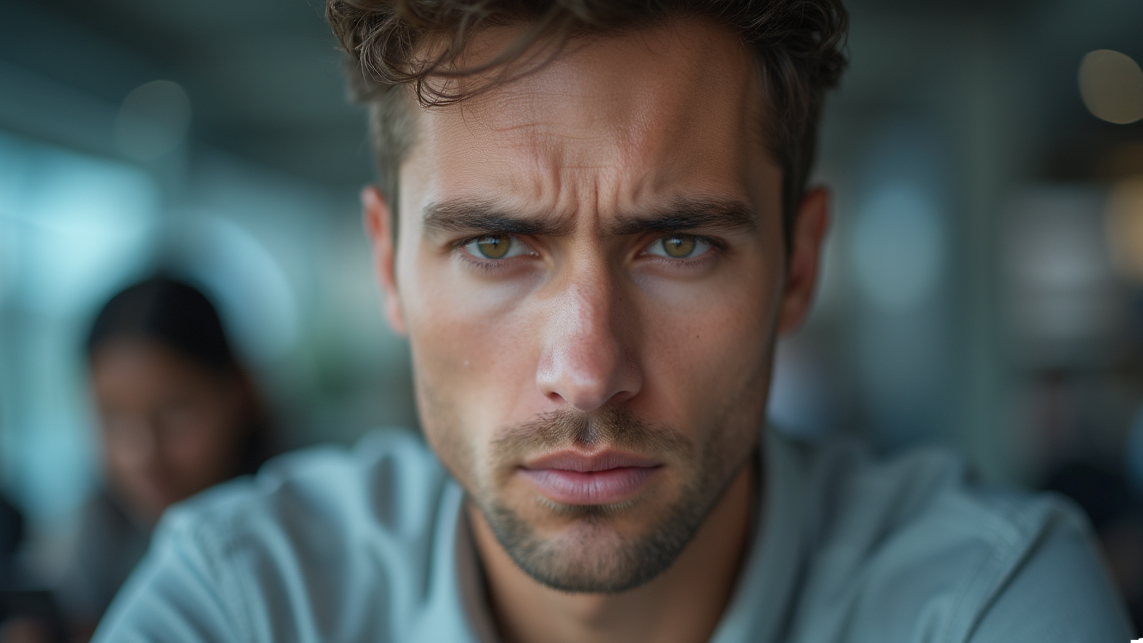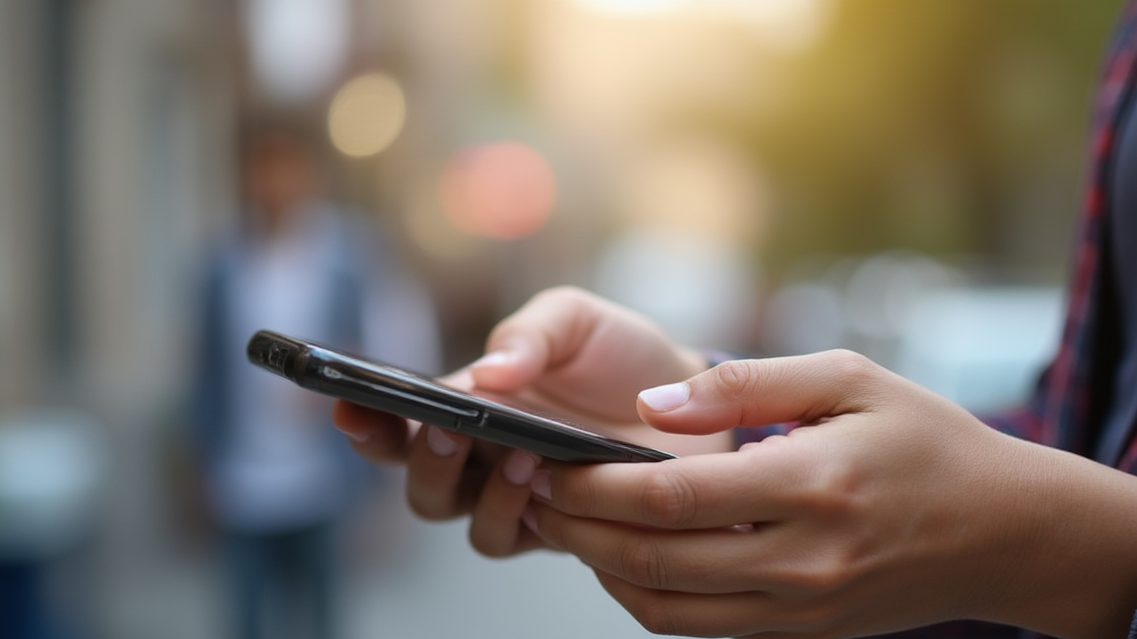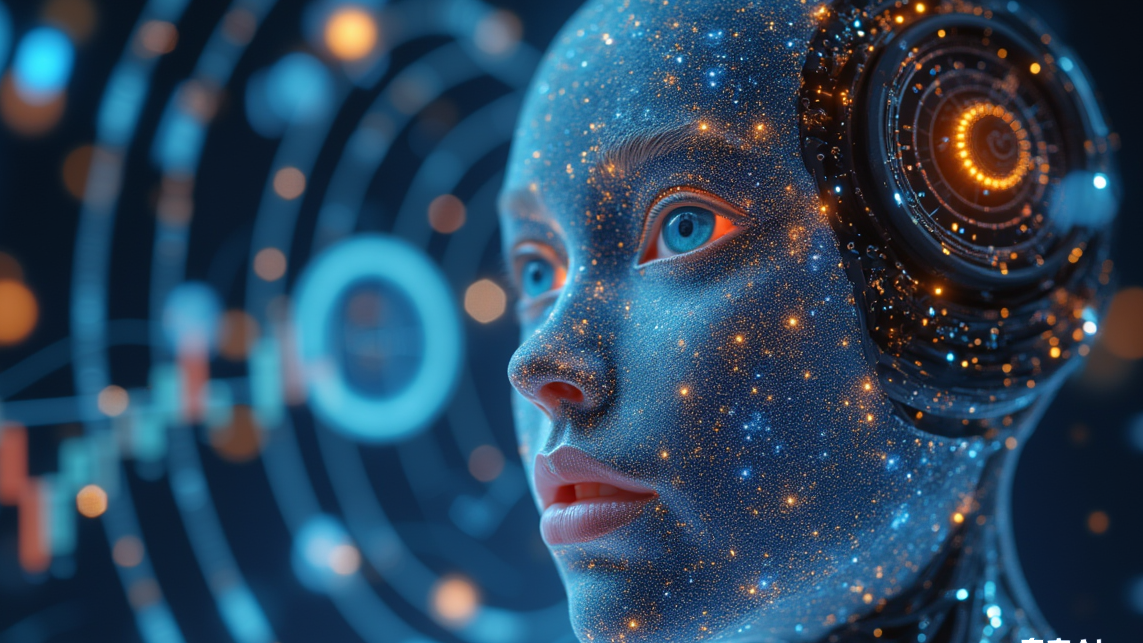In today’s hyper-connected world, anxiety and depression are on the rise—and social media plays a significant role. The constant comparison, fear of missing out (FOMO), and curated perfection we see online can take a toll on mental health. So, how do we navigate this digital landscape without sacrificing our well-being?
On one hand, social media connects us like never before. On the other, it fosters loneliness and self-doubt. Studies show that excessive scrolling correlates with increased anxiety and depressive symptoms. Why? Because we’re bombarded with highlight reels of others’ lives while battling our own unfiltered reality.
The question is: Can we use these platforms mindfully, or is a full detox the only solution?
Not all social media use is harmful—it depends on how and why we engage. Do you check notifications compulsively? Feel worse after scrolling? Compare yourself to influencers? These are red flags.
The first step is self-awareness. Track your mood before and after using apps. Notice which accounts drain you and which inspire genuine joy.
Strategies for Healthier Digital Habits
- Curate Your Feed – Unfollow accounts that trigger negativity. Follow mental health advocates, body-positive influencers, or hobby-based communities.
- Set Boundaries – Designate “no-phone” times (e.g., mornings, meals, bedtime). Use app timers to limit usage.
- Engage Intentionally – Comment meaningfully instead of passive scrolling. Use DMs for real conversations.
- Embrace Offline Life – Replace screen time with hobbies, exercise, or face-to-face interactions.
But is self-discipline enough, or should platforms enforce changes (e.g., hiding likes, anti-addiction features)?
Sometimes, anxiety and depression go beyond digital stress. If you experience persistent sadness, fatigue, or hopelessness, professional help (therapy, medication) may be necessary. Social media can amplify these issues, but it’s rarely the sole cause.
Should we blame the apps, or is it about individual resilience? The debate continues.
Perhaps the solution isn’t quitting social media entirely but reshaping its role in our lives. Can we use it as a tool rather than a crutch? Should schools and workplaces educate on digital wellness?
What’s your take? Can we find balance, or is the pressure inevitable in the age of likes and algorithms?







Navigating social media’s impact on mental health is a challenge many of us face daily. The constant comparison and curated perfection online can leave us feeling inadequate and overwhelmed. While it’s easy to blame the platforms, the responsibility also lies in how we engage with them. Finding a balance between staying connected and protecting our well-being is crucial. Do you think implementing stricter platform policies, like hiding likes or limiting screen time, would help reduce the negative effects?
The internet is a double-edged sword, it brings us wonderful lives, but also comes with comparisons. I think hiding likes is not a solution to the problem. One must have a cognitive understanding of the social class that most people in the world belong to, and not compare themselves with those who are not from the same class. Additionally, the information on the internet is true or false, and many of the beautiful and exciting lives you see are just traffic illusions created by others.